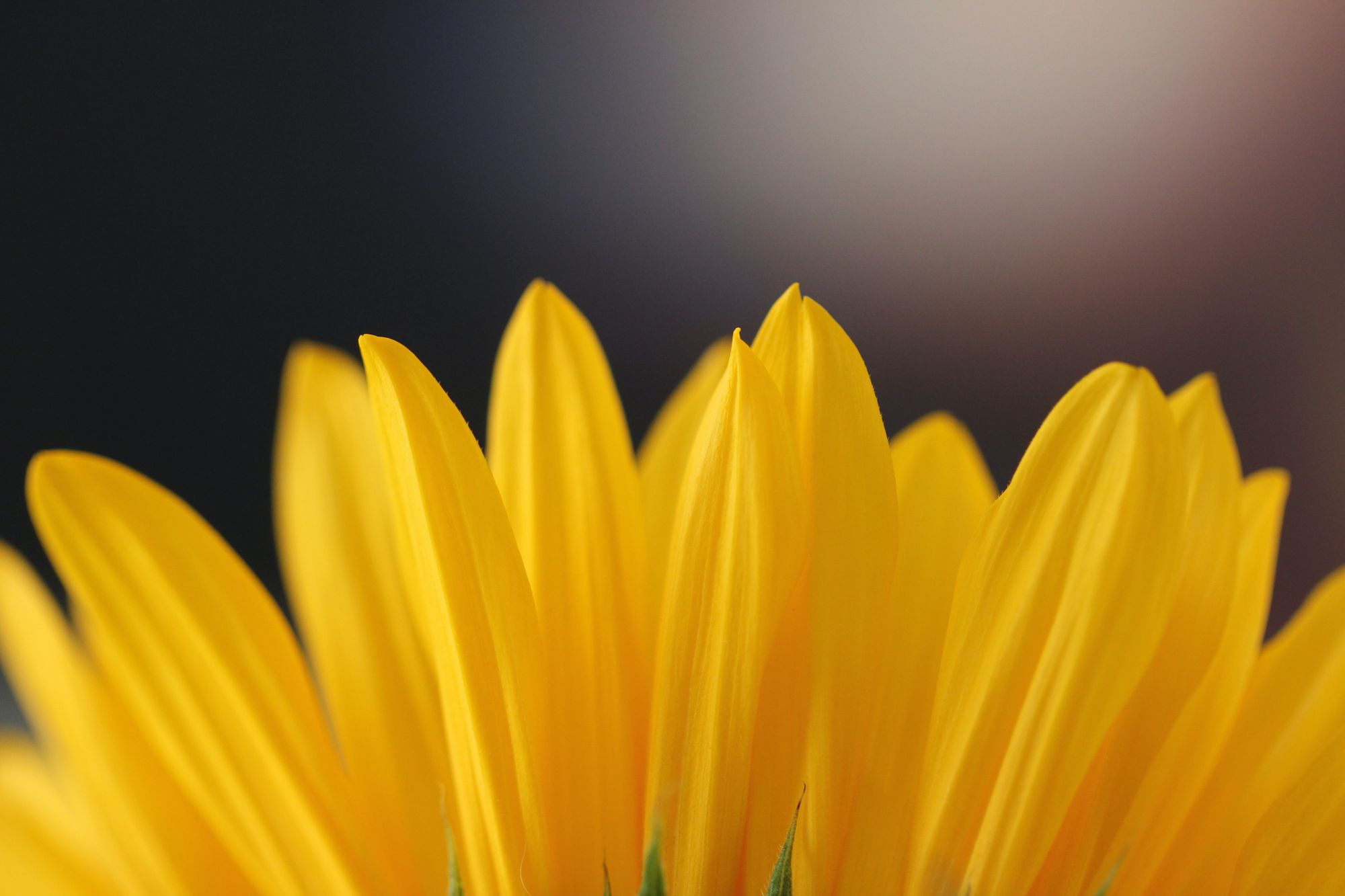Back in October 2021, Jessica Zeller posted a tweet about a particular class session. She said her class “went everywhere” and that, by later in the same day, she already missed being in that class. According to Jessica, the class discussed:
- not passing down our own pedagogically-induced trauma;
- the problem with ideals;
- ego, power, & responsibility;
- how words shape students' feelings about their bodies; and
- pedagogic optimism.
While each item on that list is a great conversation in its own right, it’s that last item that most grabbed my attention. After teaching through a pandemic for four semesters, optimism in education can often seem to be in short supply. Pedagogic optimism, then, might be even harder to come by, especially when so much of our planning now deals with adapting to changes in delivery mode and rampant absenteeism caused by yet another wave of virus outbreaks.
According to Jessica, pedagogic optimism is a frame of mind that lets us tap into our energy reserves right when things get rough, which is just when we need it. The most rewarding and energizing part of our work — engaging with students — can help keep us centered on what's important and meaningful in teaching.
Jessica teaches dance (particularly ballet) at TCU in Fort Worth, Texas. Her curriculum gives her particular clarity about the ways we work with students, both virtually and in person. She has struggled adapting to remote teaching, but she's also learned to find joy and compassion in the process. Further, as an educator focused on body language and expression, Jessica has found ways to quickly and meaningfully check in with students and see them where they are, no matter what burdens they bring into the classroom, no matter where that class takes place.
I’m thrilled that Jessica agreed to chat for a bit, to share her perspective and insights with us. Our conversation starts with pedagogic optimism and meanders through pedagogy, kindness, and even un-grading.
Episode credits:
- Theme music from Blue Dot Sessions
- Episode cover art from Sandy Millar
- Podcast audio hosted on Anchor.fm
- Full episode transcript available

